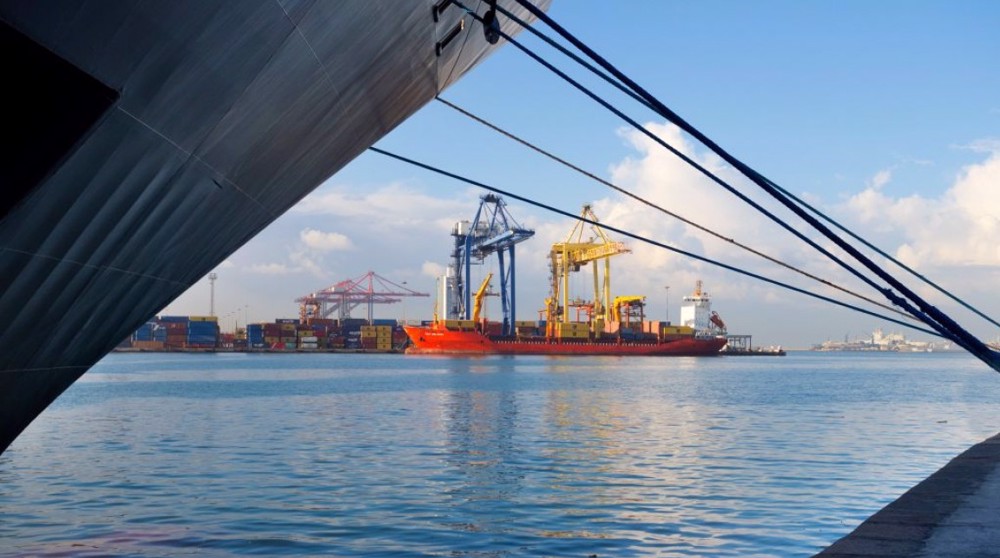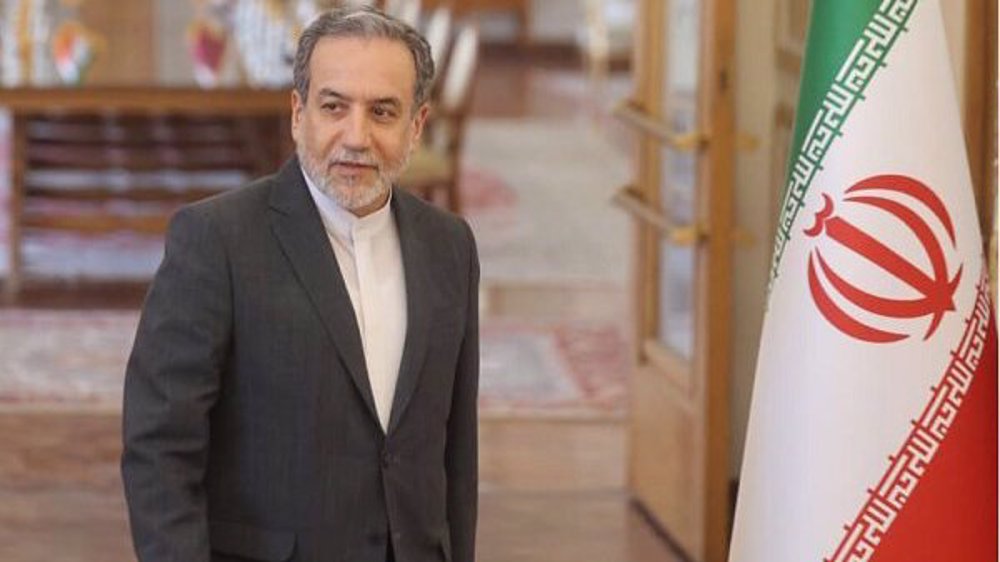Egypt, Ethiopia, Sudan in dispute over dam on Nile
Egypt, Sudan and Ethiopia have failed to reach a deal on the distribution of water from the Nile River.
Ethiopia is building a massive dam on the major river, which passes through Ethiopia before flowing into Egypt and Sudan.
Egypt, in particular, fears the Grand Ethiopian Renaissance Dam will reduce the flow of water to the country after completion and has expressed its "extreme concern" about the dam.
The massive dam, which will take years to fill with water, will be the largest hydroelectric power plant in Africa when completed.
Meanwhile, talks among irrigation ministers of the three countries in the Ethiopian capital, Addis Ababa, last week ended with no deal, Hossam el-Emam, a spokesman for Egypt’s Irrigation Ministry, told media on Tuesday.
Ethiopia and Sudan still insist on modifications to a technical report by a French firm commissioned to assess the dam’s impact, he said.
“Such modifications get it out of its context,” he said, adding that there may be another round of talks on May 15. “We hope to make a breakthrough in the coming meeting ... Time is not in our favor,” he said.
Last month, Egypt’s Foreign Minister Sameh Shoukri warned that Egypt “will not accept the status quo” and “continues to defend the interests of its people regarding the Nile by several means.” The minister did not elaborate.
Past Egyptian presidents have warned that any attempt to build dams along the Nile will be met with military action, but the current President Abdel-Fattah el-Sisi has said Egypt has no intention to go to war over the issue.
However, Sisi warned that Egypt’s share of the Nile, which provides nearly all of its freshwater, was a red line. Addis Ababa insists the dam would not be cutting down the flow into Egypt.
The $4.8 billion dam is now 63 percent finished.
Diplomat discourages recourse to pressure, intimidation, confrontation against Iran
UN: 2024 deadliest year for aid workers amid genocide in Gaza
Gaza health official warns of hospital shutdowns within 48 hours
Israel kills 5 more paramedics in southern Lebanon: Health ministry
Iran to launch ‘new, advanced’ centrifuges in response to IAEA resolution: AEOI
Yemen fires hypersonic missile at Israeli airbase
VIDEO | New Delhi chokes under toxic smog as air quality remains at hazardous levels
VIDEO | Press TV's news headlines













 This makes it easy to access the Press TV website
This makes it easy to access the Press TV website